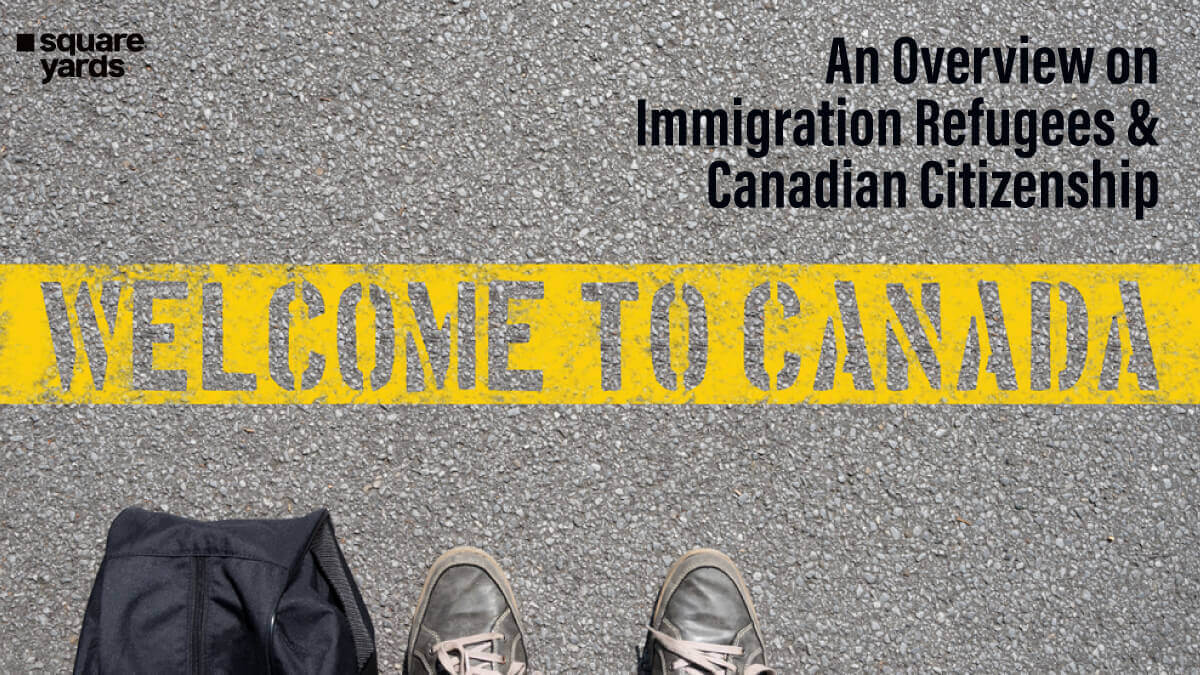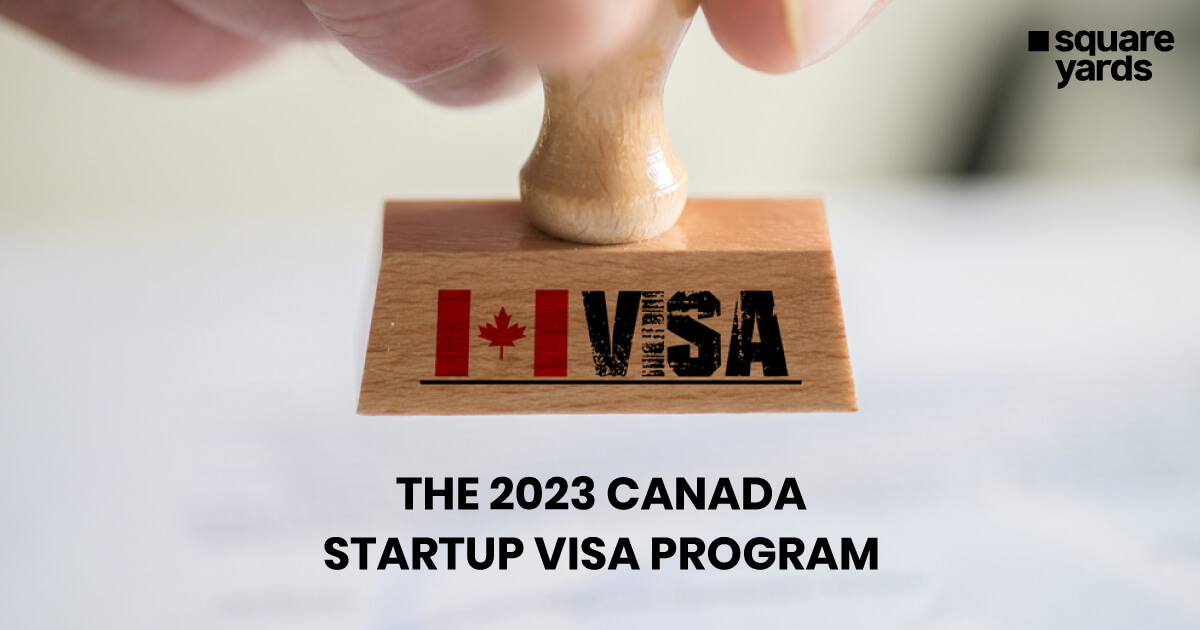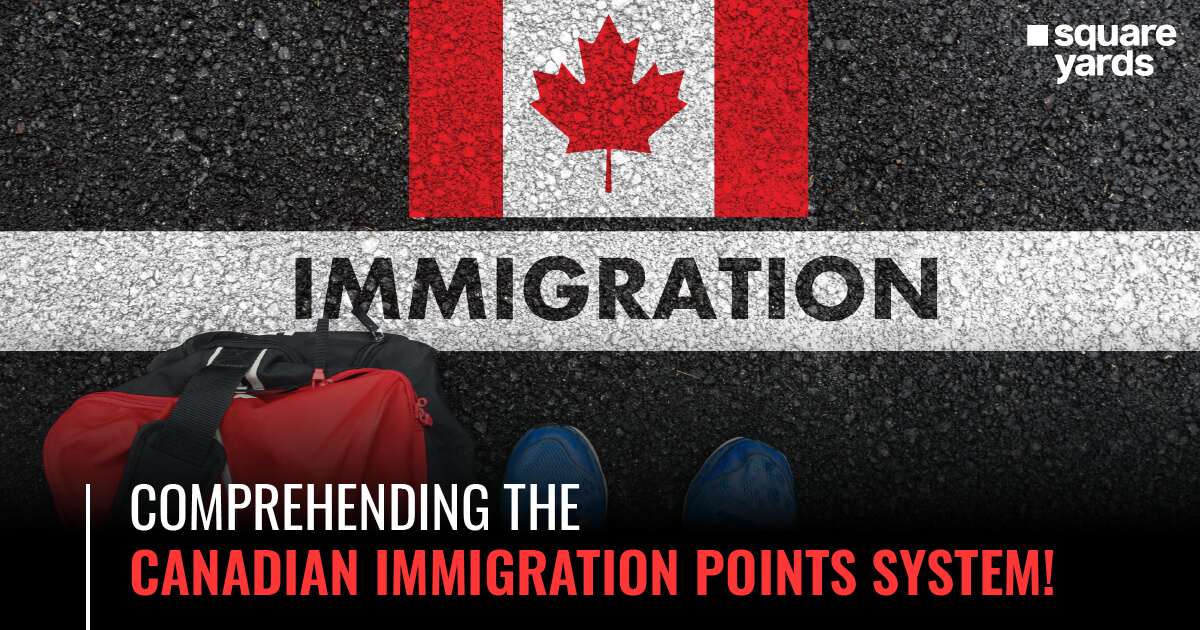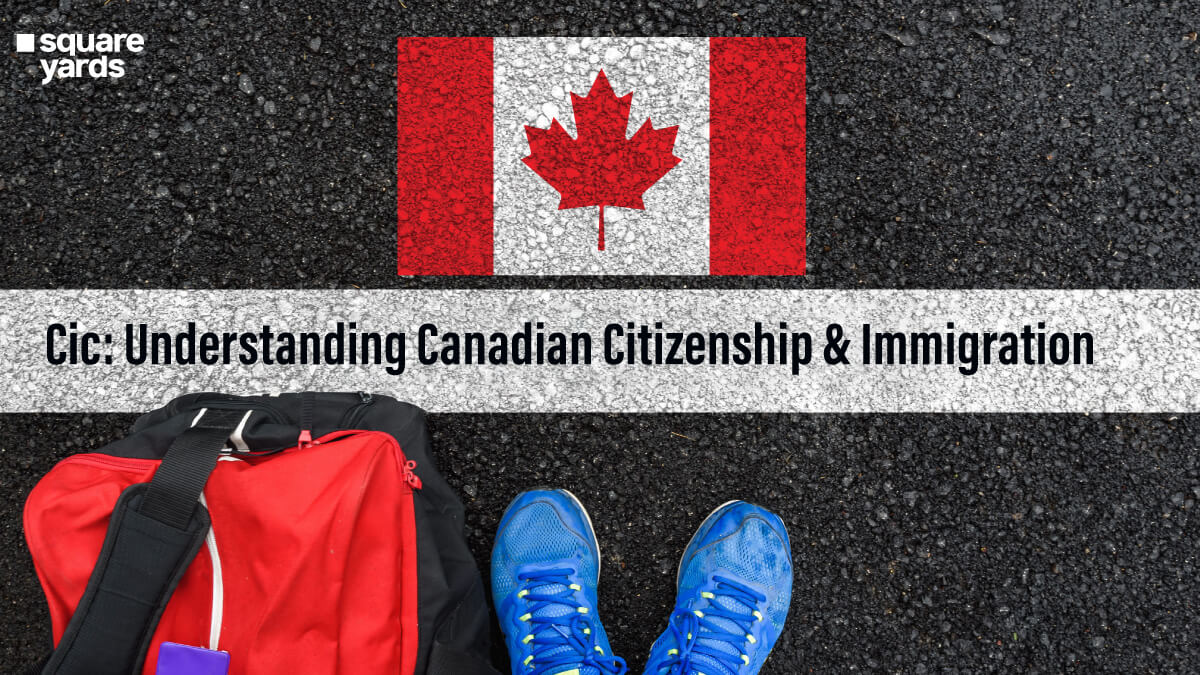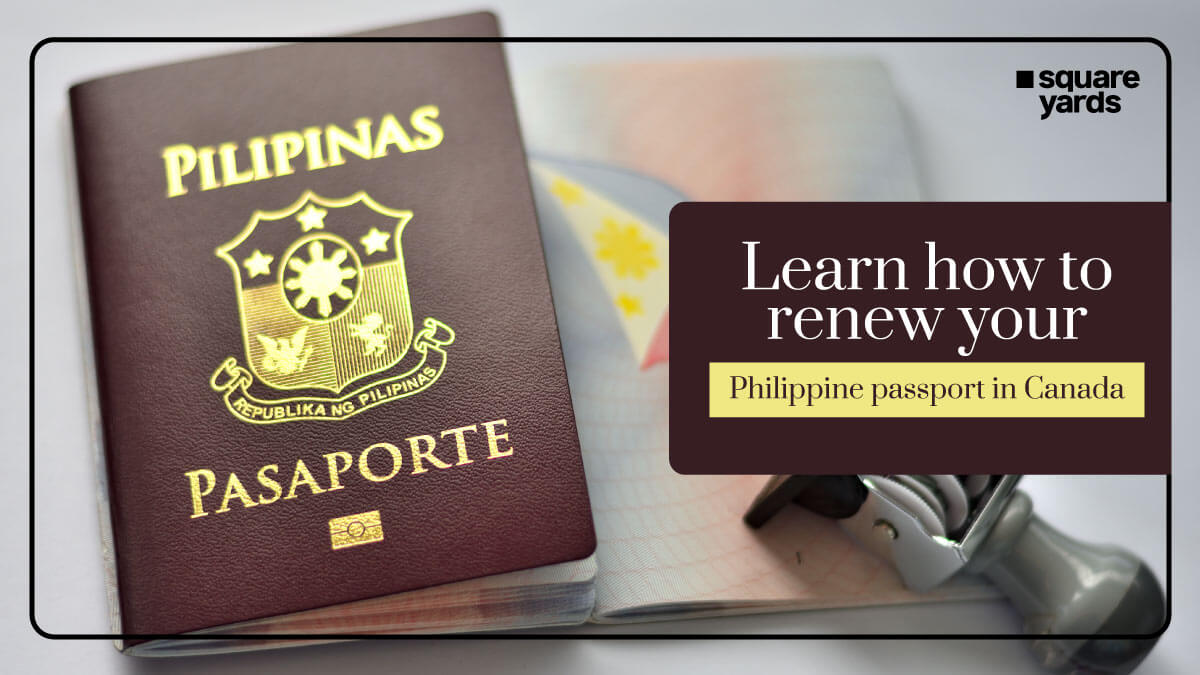Refugees, immigration and Citizenship Canada helps immigrants arrive in Canada, protects refugees, and delivers services to assist them in settling down. It also permits citizenship and facilitates travel documents like passports for Canadian citizens. From Canada’s Refugee laws to the latest reforms in immigration policy, this article is a complete handbook on the details of immigration refugees and citizenship Canada. Read on to find out more about Canadian citizenship, IRCC policies, and services.
What is IRCC
The official title of the government body in Canada that helps immigrants enter the country, protects refugees, and provides services to assist immigrants in settling down is Immigration Refugees and Citizenship Canada (IRCC). IRCC was earlier known as Citizenship and Immigration Canada (CIC). The issuing and management of Canadian passports and other travel authorisations that enable transit of Canadian citizens, Permanent Residents, and Protected Persons fall within the purview of IRCC.
Issues and Challenges Faced by Immigrants in Canada
IRCC Canada takes every possible step to make the process of settling down in Canada easy. However, It can be stressful and complex to relocate to a foreign country and acclimatise to an entirely novel way of life. Here are three potential issues that immigrants may encounter in Canada.
-
- Linguistic Differences : One of the main challenges that immigrants encounter when relocating is language. If you aren’t proficient in one of Canada’s two official languages, English or French, it can be challenging and draining when trying to locate work, make friends, or do basic activities like shopping for groceries or filling out papers.
- Finding a Job : Along with language barriers, immigrants sometimes struggle to get their qualifications recognised and acquire suitable jobs in Canada. The fact that they are unable to locate the same occupations here may prove to be a roadblock for immigrants.
- Change in the Environment : The climatic conditions throughout the country are quite diverse owing to geographical factors. However, there are regions in Canada where the temperature changes drastically within a few hours. Immigrants from moderate climate zones may take time to adapt to Canada’s weather.
Overview of Refugee And Asylum Seekers in Canada
The formal title of the federal body of IRCC Canada now includes the term “refugees”, which highlights the administration’s heightened emphasis on refugee and humanitarian immigration to Canada. Here is a complete overview of immigration and resettling procedures for asylum seekers in Canada.
-
What is the Canadian Refugee System
An individual who has to escape their home country because they fear facing severe human rights violations, lack the ability to go back, and require refuge, is referred to as a refugee. The IRCC Canada has the following two refugee protection programs:
-
- In-Canada Asylum Program: Filing a refugee claim with the Immigration and Refugee Board of Canada (IRB) will allow individuals who are already in Canada or entering the country to request refugee protection. IRB considers two protection categories.
-
-
- Refugees who fear being persecuted for reasons of race, religion, nationality, and political opinions.
- Refugees who have chances of torture and ghastly punishment in their country of origin.
-
-
- Refugee and Humanitarian Resettlement Program: This Programme assists refugees who are in need of protection and are far from Canada and their country of origin. Eventually, IRCC Immigration Canada paved the way to bring them to the country and assist them to settle in Canada.
-
Process of Application for Refugee Status in Canada
A refugee can apply online by mailing all required documents to IRCC Canada via an online Government account. Additionally, you will be required to complete a medical examination which will require relevant details of your application number, UCI, and date of birth while you make the online application.
-
The Resettlement Procedure for Refugees in Canada
Canada has three distinct resettlement programs for refugees, namely,
-
- The government-Assisted Refugees (GAR) program, where refugees are referred for resettlement to Canada by UNHCR and other partners
- The Private Sponsorship of Refugees (PSR) program, where sponsoring groups equip refugees with settlement help and financial support
- The Blended Visa Office-Referred (BVOR) program, where refugees are identified for resettlement by UNHCR with private sponsors in Canada.
Overview of Citizenship in Canada
One of the distinguishing features of Canada’s immigration policy is that it gives a route to Canadian citizenship for people. Here is some must-know detailed information to navigate through acquiring Canadian Citizenship by IRCC Immigration Canada.
-
Eligibility Requirements for Canadian Citizenship
An application for Canadian citizenship must meet specific criteria as detailed below:
-
- The candidate needs to have physically resided in Canada for at least three of the previous five years as a permanent resident.
- The permanent resident of Canada should not have spent more than 730 days abroad in the previous five years.
- Before a permanent resident may apply for Canadian citizenship, they must also pass a citizenship test, satisfy language proficiency standards, and pay taxes.
-
The Canadian Citizenship Application Procedure
If you are above 18 years of age, you are required to fill out the Application for Canadian Citizenship: Adults form. After filling out your application, either submit it online by IRCC Login or by mail along with all the relevant documents. Adult applicants are mainly called for citizenship tests or interviews. When it is confirmed that you are eligible to become a Canadian citizen, you will get a notice detailing the date and location of your ceremony.
-
Dual Citizenship and Giving Up Canadian Citizenship
Canadians are allowed to take foreign citizenship while keeping their Canadian citizenship. This is known as dual citizenship. However, if you renounce your permanent resident status, you will permanently change your citizenship status in Canada from the day your application is approved by IRCC Canada.
Immigration Policies, Reforms and Debates in Canada
The word “Immigration” in the official title of the department symbolises Canada’s attempts to create and uphold an immigration policy that benefits both Canadians and immigrants. Over the past 50 years, Canada has developed an annotated reputation for accepting immigrants and embracing diversity. However, contemporary times call for more robust and inclusive policies by Immigration Refugees and Citizenship Canada. Here are some insights that cover the discussions around IRCC Canada in 2023.
-
The Ongoing Effects of Immigration on Canada’s Economy and Society
Canada’s labour force continues to expand by some percentage every year due to immigration. Not only do immigrants cover labour shortages and pay taxes, but they additionally invest money in commodities, real estate, and transportation, which benefits the Canadian economy. For instance, according to the 2016 Census, more than 335,000 immigrants work in health-related occupations.
-
Latest Reforms Proposed for the Immigration System of Canada
The 2023–2025 plan supports immigration as a way to assist firms in finding employees. This proposal aims at training immigrants in critical fields like technology, manufacturing, health care, and skilled professions. The program will help in managing the upcoming social and economic difficulties in Canada.
IRCC Canada Resettlement Services For Immigrants
Immigration, Refugees and Citizenship Canada (IRCC) collaborates with numerous partners via the Settlement Programme to facilitate the provision of assistance for immigrants to Canada. Here are some programs and policies designed to assist immigrants.
-
Settlement Services for Immigrants
The IRCC Canada Settlement Programme and associated services are designed to give immigrants the knowledge they need to make wise decisions, language proficiency appropriate to their settlement and integration objectives, and the assistance they need to create connections in their newly arrived neighbourhoods. Immigration Refugees and Citizenship Canada provides funding for the implementation of settlement initiatives both inside and outside of Canada.
-
Support For Immigrants Seeking Employment Or Education In Canada
There are multiple resources available to facilitate the employment and education of newcomers in Canada. The Skilled Immigrant InfoCentre and Settlement Org are online platforms that provide various tools to explore new jobs or look for career prospects in Canada. Additionally, one can find job and training opportunities on the Canada Government portal.
Summing Up
Immigration Refugees and Citizenship Canada is the reformed name for CIC, with the term refugees being a recent addition to the government body title. The total count of refugees worldwide has increased as a result of ongoing turmoil and war in various parts of the world. Canada, as a country, believes in multiculturalism and encourages compassion towards refugees on humanitarian grounds. IRCC Canada provides a wide range of assistance to refugees and asylums for a better life.
You May Also Read :
| Understand Citizenship and Immigration Canada | Citizenship and Immigration Canada |
| All About Business Immigration to Canada | Business Immigration to Canada |
| How To Apply Canada Visitor Visa | Canada Visitor Visa |
| Know Canadian Immigration Agents | Canadian Immigration Agents |
| Guide To Renew Canadian Visa | Renew Canadian Visa |
Frequently Asked Question (FAQs)
IRCC helps immigrants enter the country, protects refugees, and provides services to assist immigrants in settling down
To apply for Canadian citizenship, you must have permanent resident (PR) status in Canada and have been physically present for at least three years during the five years prior to the date of your application.
The immigration application of IRCC Canada is equipped with an instruction guide. This guide provides tips and information on how to fill out the form and pay the fees.
Interviews of private sponsors are scheduled with refugees when the foreign IRCC office begins processing their applications.
There are multiple resources available by IRCC Canada to facilitate the employment and education of refugees in Canada. What is the role of IRCC?
How can I obtain Canadian citizenship?
What resources are available to navigate through the immigration application?
What is the process for sponsoring a refugee to come to Canada?
What is the role of refugees in Canada's immigration system, and how are they supported?

